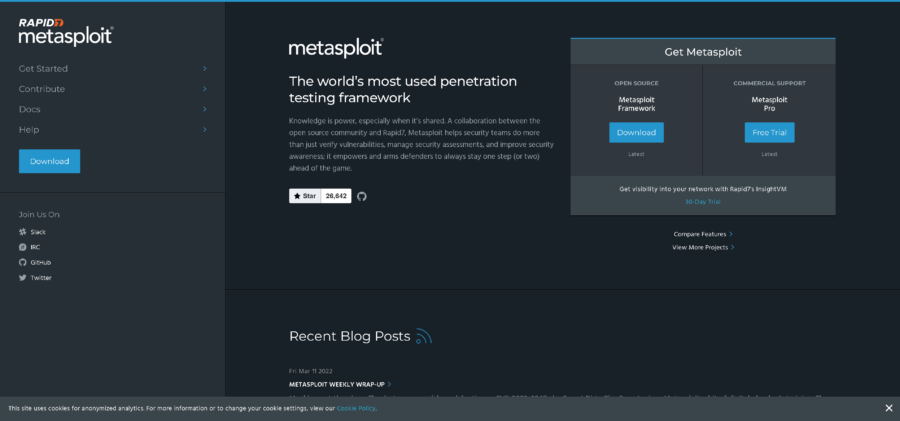According to research conducted by Walker Sands Communication, at least half of US marketers intend to spend more on marketing technology in the coming year. Already the industry receives billions of dollars from venture capitalists investing in new tools and services, and with over 3,800 vendors it’s no surprise that experts expect martech adoption to continue to accelerate through 2017. However, though it’s predicted that companies will more readily spend money on predictive analytics, marketing automation, and other martech tools, Salesforce’s most recent State of Marketing report does envisage a lessening of venture capital funding tech along with much consolidation within the industry.
Though some marketers believe the end of the martech high is near, says Adam Solomon, VP Product at PebblePost, “The martech bubble is plump but not quite ready to burst. If you compare martech to ad tech, there are notable similarities in the number of point solutions… But ad tech is much fatter with nearly 3,000 companies last time I counted promising the same results.” Over the previous five years, the marketing technology sector has received investments from venture capitalists of approximately $134 billion; moreover, in the last two years the number of martech vendors has nearly quadrupled from 1,000 to 3,800, and the marketing platforms designed by giants such as Oracle, Adobe, IBM and Salesforce are often encouraging such expansions with open platforms that promote third-party application integration. As such, it’s fair to deem the marketing technology landscape robust.
The likelihood of consolidation in the industry isn’t much of a revelation; examining Gartner’s marketing tech map it’s observed that the martech arena is relatively convoluted, broken down into different minor industries. Such fragmentation is confusing for users, while consolidation promises the same level of innovation without the need for protracted research and exhaustive product analysis.
Currently, marketers are taking advantage of the open landscape and tailoring technology stacks to best suit themselves; few confine themselves to single-vendor all-in-one solutions but instead are attracted to integrated best-of-breed architecture that promises the utmost in flexibility, variety, and responsiveness. The experts suggest a few more strategies to capitalize on martech in the coming year:
Developing a martech strategy is more important than ever before: with the increasing number and sophistication of martech tools available, those able to create and utilize the best stacks are more quickly achieving targets and pushing ahead of their competitors.
Talk the talk: choosing the right vendors and solutions often comes down to a strong understanding of martech language; brush up on the latest developments, identify product and service frontrunners, and ensure that savvy salespeople don’t catch you out with clever jargon.
Check for seamless integration with the existing stack: though more and more Service Providers are offering integrating solutions it’s important to ensure the all of the pieces of your martech puzzle fit together elegantly; well-connected tools promise the facility to deliver the right message to the right market at the right moment.
Artificial intelligence (AI) is coming to martech: though already powering many principal martech applications, machine intelligence is likely to change the landscape with not only task automation but creative development and innovation; it’s time to reevaluate your beliefs around what computers can and can’t do because those scoffing at marketing AI will likely find themselves trailing.
Know where the exits are: just as many marketers are finding it necessary to implement flexible solutions, it’s essential not to lock into a solution that might not fit the company in the future. Be confident that exit is possible both contractually as well as practically; if dropping one service crashes your entire marketing stack you’re in a lot of trouble.
Thanks to the healthy competition in the martech environment we’re seeing brilliant innovations, exciting collaborations, and increasing adoption; 2017 looks to be another interesting year for Martech.
By Jennifer Klostermann





